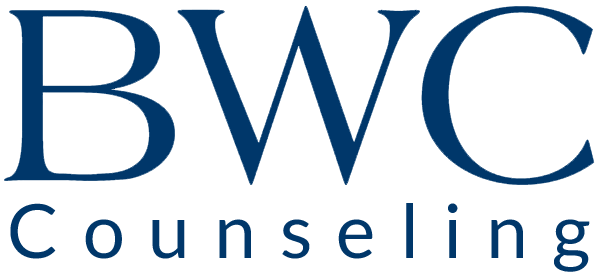Strategies for Better Sleep
IMPROVE YOUR SLEEP HYGIENE PRACTICES
Written by: Marilyn A. Walker, MA, LPC, CAADC Therapist/Licensed Professional Counselor Blue Water Counseling mwalker@bluewaterclinic.com

“Sleep is the single most effective thing we can do to reset our brain and body health each day.” -Matthew Walker-
Sleep is a vital aspect of human life just like consumption of other essential nutrients like food and water. Research indicates sleep is far from a passive state (inactivity) but rather an active process for revitalizing various bodily functioning from the immune system to our memories. Essentially, Sleep is crucial for overall physical health and mental wellbeing. According to CDC (2020), getting enough sleep can aid in the process of rejuvenation of the mind and body for optimal performance to effectively carry out the many tasks and demands in daily life. Experts say most adults needs 7 or more hours of quality uninterrupted sleep daily, possibly more. However, many fall short.
Studies say nearly a third of the adult population in US experience persistent difficulty falling or staying asleep. Many can recall the “dreary consequence” from a night with little to no sleep where the day never seemed to end, your eyes heavy and blurry and your brain appeared foggy. Several factors can stand between you and quality sleep, restlessness, bedtime ruminating, stress, inconsistent sleep schedule, late evening consumption of caffeine, nicotine, alcohol or meals, medical and mental health conditions (anxiety, depression), lack of physical exercise, noise, late night electronics use, etc. In spite of factors, everyone is different but can greatly benefit from a sleep hygiene revamp.
Sleep hygiene is defined as specific behavioral and environmental practices used to help those experiencing mild to moderate disruptions in sleep. Being intentional with sleep hygiene is the best straight forward way to position yourself for good quality sleep. The practices listed below are suggestions conducive to fostering habits that can go a long ways in reduction of sleep disruptions and keep your mind and body well rested and strong. Modifications can be made with these practices to meet your individual needs for quality sleep.
We are all creatures of habit and finding ways to internalize a routine is the path to success.
SLEEP HYGIENE PRACTICES
Maintain a consistent sleep schedule: Follow a fixed bedtime and wakeup time. Make sleep a priority daily, limit napping to early afternoon.
Begin winding down at least 30 mins prior to Bedtime. Use Relaxation Techniques (visit site: Therapist Aid), Soft music, Journaling or Reading.
Avoid caffeine, nicotine and alcohol use in late evening at least 2 hours before bedtime. Caffeine tends to interferes with the ability to fall asleep and nicotine and alcohol disrupts sleep patterns.
Avoid eating large meals late evening. Limit to light snacks before bed.
Engage in regular physical exercise daily. Walking, biking, gardening, dancing and running is great for the mind, body
Turn off electronic devices and put away at least 1 hour prior to Bedtime. Blue light from electronics inhibits sleep quality. Late use makes it difficulty to fall asleep or stay asleep.
Maintain a dark Bedroom as much as possible: block out excess light with drapes and sleep masks.
Reduce sounds that could be disrupted to sleep if needed use earplugs or white noise machine.
Use good bedding: mattress, pillows, sheets and sleepwear to achieve maximum comfort for best sleep.
Maintain a comfortable room It is recommended a slightly cool temperature between 60 and 65 degree F.
Use calming scents like Lavender to create a relaxing environment for sleep.
If the quality of sleep does not improve with implementation of Sleep Hygiene Practices, contact a Mental Health or Medical Professional for best course of treatment.
REFERENCES
-
Caruso (2020) Improve Sleep. Tips to Improve your Sleep when times are Tough. CDC.
-
Solvadar (2025), Sleep Hygiene: Simple Practices for better rest. Harvard Health Publishing, Harvard Medical School.
-
Suni (2024) Mastering Sleep Hygiene. Your Path to Quality Sleep. Sleep Foundation.
-
Therapist Aid (https://www.therapistaid.com-relaxation-skills-guide. Assessed: May 4, 2025)
-
William (2023) Providing Practical Sleep Hygiene Advice. Occupational Medical, Vol 73, Issue 7, 451.
